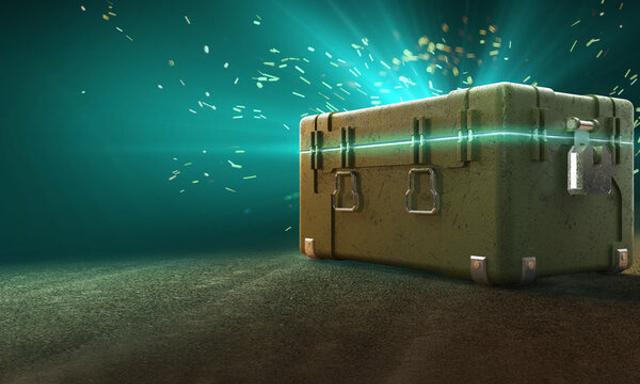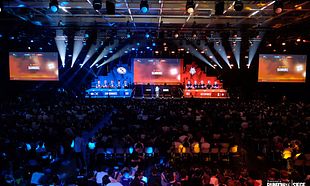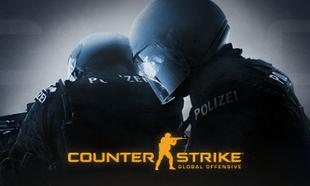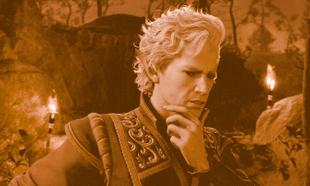The issue of loot boxes has become a major battleground in the European gaming industry, with consumer groups calling for their banning and game developers fighting tooth and nail to keep them in their games as they are a major source of revenue.
20 consumer groups representing 18 different European nations are now leading a charge calling for loot boxes to be more heavily regulated or outright banned following the publication of a report by the Norwegian Consumer Council.
The report, entitled "Insert Coin: How The Gaming Industry Exploits Consumers Using Loot Boxes", accuses gaming companies of exploiting consumers by using mechanisms that are "predatory" and "fostering addiction".
The NCC, an independent agency of the Norwegian government, published a 59-page report yesterday and specifically singled out 'FIFA 22' and 'Raid: Shadow Legends' for employing "a wide arsenal of tricks to push consumers into spending as much time and money as possible."
Consumer organisations from 20 different European nations, including Austria, Bulgaria, Czech Republic, Denmark, France, Germany, Greece, Iceland, Italy, Latvia, Netherlands, Poland, Portugal, Slovenia, Spain, Sweden and Switzerland have thrown their weight behind the report.
The NCC are leading the campaign alongside the European-wide body European Consumer Organisation.
Per the report's findings, loot boxes exploit consumers by "using aggressive marketing practices to push sales at every opportunity," "using layers of virtual currencies to mask or distort real-world monetary costs," and "the targeting of loot boxes and manipulative practices at kids."
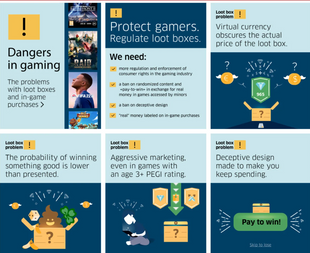
The NCC’s director of digital policy Finn Myrstad said "loot boxes have been the source of several controversies already."
"Through our work we have established that the sale and presentation of loot boxes often involve exploiting consumers through predatory mechanisms, fostering addiction, targeting vulnerable consumer groups and more."
"Despite being a major industry, the video game sector has largely evaded regulatory scrutiny. Prevailing business models are technically complex or novel. Video games are considered a niche entertainment market by many authorities."
The debate surrounding loot boxes has been thrown back into the spotlight this week after news emerged that Dutch and Belgian audiences won't be able to play 'Diablo: Immortal' as the game contains loot boxes.
In 2020, the House of Lords in the UK urged the UK government to classify loot boxes as "gambling".
Efforts have been made in Ireland to curtail loot boxes, but Ireland is still "far behind the curve" on the topic according to Barry Grant of the gambling charity Extern, telling TheJournal.ie in 2020 "We’re so far behind the curve, but it’s not like we’re some technological backwater."
"Surely someone somewhere can get a grip on this - it's not beyond the government to come up with a solution."
The controversy surrounding loot boxes exploded in late 2017 following the release of 'Star Wars Battlefront II' which locked many iconic 'Star Wars' characters such as Darth Vader in loot boxes, which resulted in governments from Hawaii to Belgium cracking down on the practice.
